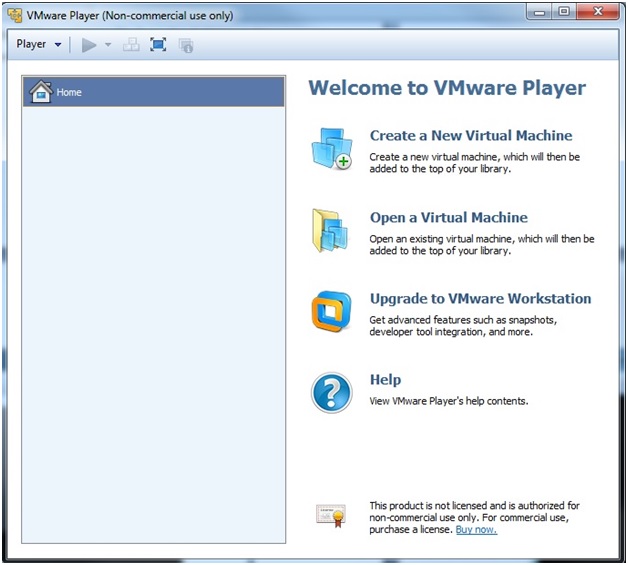


For details on how this impacts security in your system, see

Warning: if you add your user to the docker group, it will have similar power as the root user. If you want to use docker as a regular user, you need to add your user to the docker group. This directory can be accessed by other snaps using the docker-registry-certificates content interface.īy default, Docker is only accessible with root privileges ( sudo). Additional certificates used by the Docker daemon to authenticate with registries need to be added in /var/snap/docker/current/etc/docker/certs.d (instead of /etc/docker/certs.d).You can change the configuration of this build by modifying the files in /var/snap/docker/current/.So Dockerfiles and all other files used in commands like docker build, docker save and docker load need to be in $HOME. This build can only access files in the home directory.Docker 🐳Build and run container images with Docker. Note: sometimes you can double click the file to achieve the same result. However, we recommend using our latest major release 2.1.1ĭownload the. Please see our DockerHub for further our published versions. Once Docker is installed, you can either build your own image using the Dockerfile (alpine) provided in the repo, or alternatively, use the published Docker image like below (most convenient) No need to install Rust, Cargo, or Nmap.This means that you will always be using the latest version. The Docker image uses the latest build from Cargo, our main source-of-truth package.Even Windows, which we don't officially support. It works on all systems, regardless of OS.Now you don't have to fiddle around trying to understand your OS. It has a high open file descriptor limit, which is one of the main problems with RustScan.Docker 🐋ĭocker is the recommended way of installing RustScan. Please see this issue for how to fix that. Note: sometimes Rust doesn't add Cargo to the path. I have only tested this on Linux, so there may be issues for Mac OS or Windows. If you face any issues at all, please leave a GitHub issue. Follow this guide to installing Rust & Cargo. The most universal way is to use cargo, Rust's built in package manager (think Pip but for Rust). The easiest way to install RustScan is to use one of the packages provided for your system, such as HomeBrew or Yay for Arch Linux. If you have Kali Linux or Parrot OS installed, you already have Nmap.


 0 kommentar(er)
0 kommentar(er)
